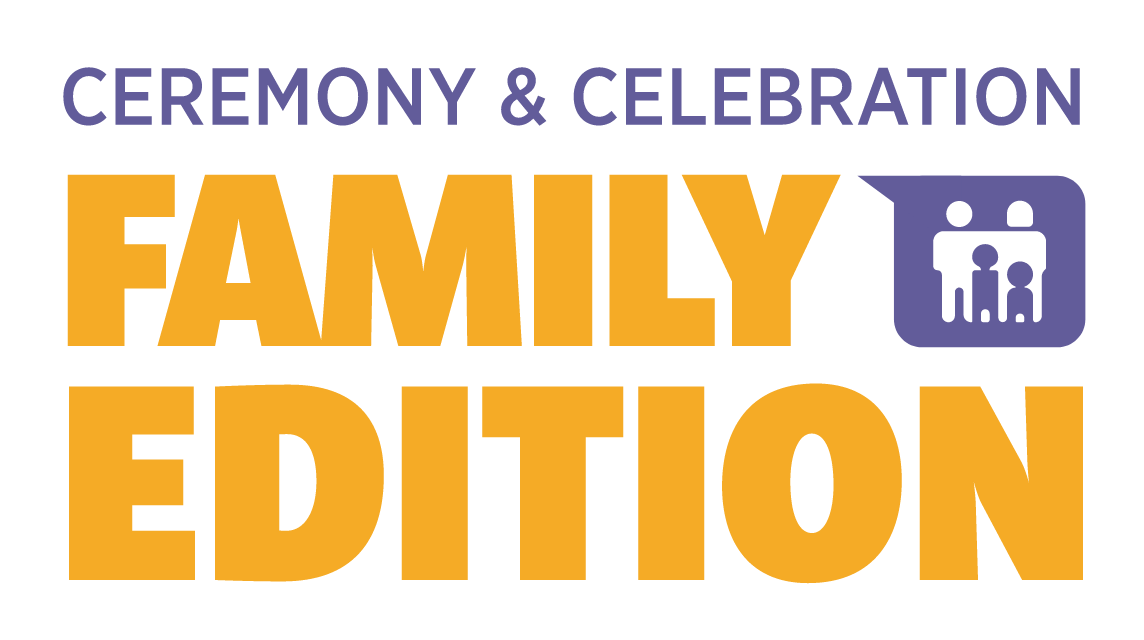Chanukah – Candle 4
Family Edition

Table of Contents

A Chanukah Message for the Fourth Night
THE FIRST CLASH OF CIVILISATIONS
One of the key phrases of our time is “the clash of civilisations”. And Chanukah is about one of the first great clashes of civilisation, between the Greeks and Jews of antiquity, Athens and Jerusalem.
The ancient Greeks produced one of the most remarkable civilisations of all time: philosophers like Plato and Aristotle, historians like Herodotus and Thucydides, dramatists like Sophocles and Aeschylus. They produced art and architecture of a beauty that has never been surpassed. Yet in the 2nd century B.C.E they were defeated by the group of Jewish fighters known as the Maccabees, and from then on Greece as a world power went into rapid decline, while the tiny Jewish people survived every exile and persecution and are still alive and well today.
What was the key difference between the two groups? The Greeks, who did not believe in a single, loving God, gave the world the concept of tragedy: We strive, we struggle, at times we achieve greatness, but life has no ultimate purpose. The universe neither knows nor cares that we are here.
In stark contrast, Ancient Israel gave the world the idea of hope. We are here because God created us in love, and through love we discover the meaning and purpose of life.
Tragic cultures eventually disintegrate and die. Lacking any sense of ultimate meaning, they lose the moral beliefs and habits on which continuity depends. They sacrifice happiness for pleasure. They sell the future for the present. They lose the passion and energy that brought them greatness in the first place. That’s what happened to Ancient Greece.
Judaism and its culture of hope survived, and the Chanukah lights are the ultimate symbol of that survival, of Judaism’s refusal to abandon its values for the glamour and prestige of a secular culture, then or now.
A candle of hope may seem a small thing, but on it the very survival of a civilisation may depend.

Points to Ponder
- What were the values of Ancient Greek society, and how did they differ from Torah values?
- Where do we see the Torah give us the idea of hope?
- How is this hope represented in the Chanukah candles?

From the Thought of Rabbi Sacks
The military victory [of Chanukah] was short-lived. Within a century Israel was again under foreign rule, this time by the Romans. It was the spiritual victory that survived. Realising that the real battle was not against an empire but a culture, Jews set about constructing the world’s first system of universal education. The effect was astonishing. Although they were later to suffer devastating defeats at the hands of the Romans, they had created an identity so strong that it was able to survive 2,000 years of exile and dispersion.
What history taught them was that to defend a country you need an army, but to defend a civilisation you need schools. In the short run battles are won by weapons, but in the long run they are won by ideas and the way they are handed on from generation to generation. Oddly but appropriately, Chanukah comes from the same Hebrew root as the word “chinuch”, meaning “education”.
Credo, The Times, 7th December 2007

Points to ponder
- What was the real triumph of the Chanukah story?
- What is the connection between this quote and the message from Rabbi Sacks on The First Clash of Civilisations?

Chanukah for the Young (and the Young at Heart!)
It Once Happened…
WHEN RAV KOOK was a young man he studied in yeshiva in a small town called Lutzen. At the end of the year he returned home with a present for his parents – a bundle of poems. But this did not please his father, who was concerned his son was being influenced by the secular world of the haskalah. The following year Rav Kook instead brought home a notebook full of original insights into complex halachic topics. But the urge to read and write poetry was still strong in his heart. Later in his life, Rav Kook found a way to bring these two passions together, by writing a long poem that incorporated all the laws of Chanukah, utilising his mastery of the Hebrew language and halachah, while also fulfilling his desire to express himself poetically.

Points to Ponder
Why was Rav Kook’s father concerned about secular culture? How did Rav Kook respond to this?
Chanukah Challenge!
Quiz Questions
- In total, how many candles are lit over the 8 nights of Chanukah?
- What does the word “Chanukah” mean?
- What does the word “Maccabee” mean?
- What is the name of the leader of the ancient Greeks who decreed laws against Judaism?
- What is the name of the courageous Jewish woman who defied the Greeks and killed one of their generals?
- What is another name for the festival of Chanukah?
- What were the miracles of Chanukah?
- What is the name of the town in Israel where the Maccabees lived?
FUN FACT!
Many have the custom to give ‘Chanukah gelt’ (Yiddish for ‘Chanukah money’) to children on Chanukah. It is believed that the custom began in Poland in the 17th century, initially so that the children could then give coins to their teachers as a gift of gratitude for the festival, but later on, money was also given to the children to keep (and this may also be where the custom to give children Chanukah gifts came from). Chanukah gelt is connected to the festival of Chanukah, as the Hasmoneans minted national coins to celebrate the victory of the Maccabees over the Ancient Greeks. In the 20th century, chocolate Chanukah gelt coins became a popular gift on Chanukah, which were especially good for playing dreidel with.
THE FIRST CLASH OF CIVILISATIONS
- The Greeks believed in the aesthetic – physical beauty and strength – rather than moral and spiritual beauty. They did not believe in a single, loving God, but rather in destiny, and they gave the world the concept of tragedy. It doesn’t matter how hard we strive and work to achieve our own goals, destiny determines our end. Life has no ultimate purpose. The universe neither knows nor cares that we are here. In stark contrast, Judaism believes we are here because God created us in love, and He acts in history to our benefit, and through this love we discover the meaning and purpose of life.
- Judaism tells us that the world can and will become better than it is today (and gives us the responsibility to partner God in making this a reality). The concept of Tikkun Olam (redeeming the world) and the anticipation of a messianic time that has not yet arrived gives humanity hope in the future.
- The Chanukah lights are the symbol of the survival of the Jewish people and Jewish culture. They represent hope and faith in the future, because even when the situation looked impossibly bleak, the Maccabees refused to give up hope in the future, and fought to triumph over the darkness.
FROM THE THOUGHT OF RABBI SACKS
- The spiritual triumph. The real victory we celebrate is how the Jews refused to give in to the seduction of Greek culture, which was the antithesis of the Torah’s values. They fought to hold on to these values, and today, thousands of years later, while the ancient Greeks are long gone, the Jewish people continue to thrive.
- Rabbi Sacks speaks of the clash of civilisations found in the Chanukah story. This quote demonstrates that the spiritual triumph of the Maccabees was everlasting. The Jewish people and Jewish civilisation has survived through the generations not by building armies, but by caring about the education of each generation.
IT ONCE HAPPENED…
Aspects of secular culture may have values that are antithetical to Jewish values contained in the Torah. Secular culture may also lead Jews astray from their own culture and the values of their religion. Rav Kook’s response was to show how the good in secular culture can enrich Jewish culture and Jewish thought.
CHANUKAH QUIZ QUESTIONS ANSWERED
- 44.
- “Dedication”. (Bonus answer: “They rested on the 25th”.)
- Hammer. This was the nickname of Yehudah, the leader of the revolt against the Greeks.
- Antiochus Epiphanes.
- Yehudit (Judith).
- Chag Urim (Festival of Lights).
- The military miracle, that the small Maccabee forces defeated the mighty Greek army, and the miracle of the oil that burned for eight days.
- Modi’in.

Just as the Chanukah lights illuminate our homes, Rabbi Sacks זצ”ל lit up the world by inspiring us and others with his timely and timeless insights. Chanukah reminds each one of us to be a light in the wider world. Every night of Chanukah we will be highlighting one book where Rabbi Sacks articulated his deep insights into Judaism, morality, sociology, theology, and much much more, guiding us all to live a life of Judaism engaged with the world.
Tonight’s book is The Great Partnership: Science, Religion, and the Search for Meaning, a compelling investigation into the predominance of science-oriented thinking which is embedded deeply even in our religious understanding. In a fast-moving world of new discoveries, Rabbi Sacks calls on us to recognise the centrality of science’s relationship to true religion, and the essentiality of this relationship.



